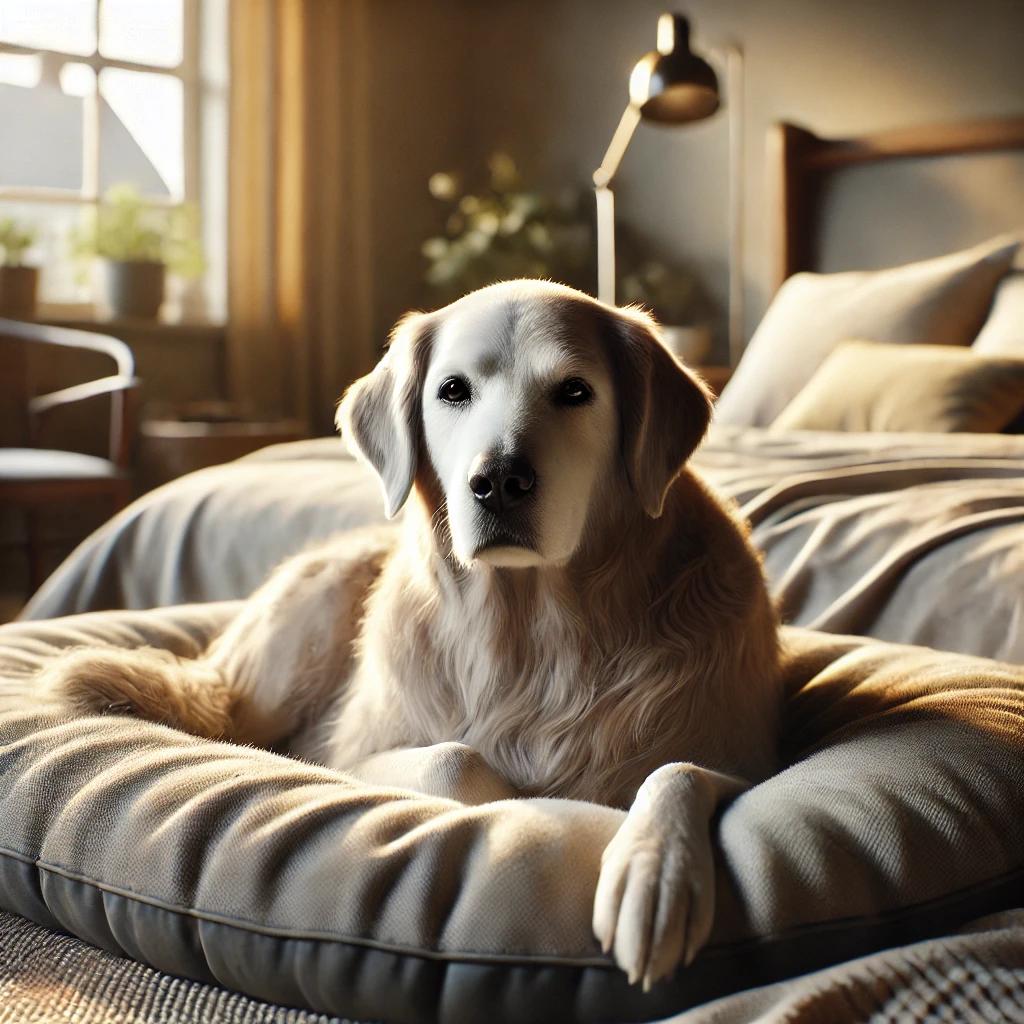When a dog undergoes surgery for adenocarcinoma, a type of malignant tumor that often affects the gastrointestinal tract, proper post-operative care can significantly impact recovery and quality of life. Regular follow-up with your veterinarian, maintaining a supportive home environment, and providing targeted care are crucial steps to support your dog through recovery.
Importance of Regular Follow-Ups with Your Veterinarian
Post-surgery, dogs with adenocarcinoma generally require follow-up veterinary visits every three months to monitor their progress. During these visits, veterinarians will:
- Perform a physical examination to assess overall health and identify any early signs of recurrence.
- Use imaging tests such as X-rays and ultrasounds to check if the tumor is re-growing or spreading.
Regular visits are essential as adenocarcinomas can recur or metastasize, affecting other parts of the body. Routine monitoring helps to detect any changes early and allows for timely interventions if necessary.
Understanding Survival Times for Different Types of Adenocarcinoma
The prognosis for adenocarcinoma in dogs varies based on the tumor location. Each type affects survival time differently:
- Gastric (stomach) Adenocarcinoma: Typically aggressive, with survival times averaging around two months post-diagnosis, even with surgery.
- Intestinal Adenocarcinoma: Dogs with tumors in the intestines tend to have a better outlook, with an average survival time of around ten months after treatment.
It’s important to remember that these are general averages, and each dog’s condition and response to treatment can vary widely. A comprehensive evaluation by your veterinarian will provide the most accurate outlook based on your dog’s unique situation.
Practical Tips for Post-Surgery Care at Home
Following surgery, a few key practices can help create a comfortable and supportive environment for your dog:
- Dietary Support: Work with your veterinarian to select a diet that’s gentle on the GI system. Nutrient-rich, easy-to-digest foods help support healing and reduce stress on the digestive tract.
- Comfortable Resting Area: Create a quiet, cozy area where your dog can rest undisturbed. Soft bedding and familiar surroundings can aid in relaxation and reduce stress.
- Managing Pain and Mobility: Pain management is essential for dogs recovering from surgery. Your veterinarian may prescribe medications to help control pain and maintain your dog’s mobility.
Palliative Care for Advanced Cases
In advanced cases, palliative care can help improve comfort and quality of life. This type of care focuses on minimizing discomfort, supporting nutrition, and maintaining a calming environment for your dog.
For many pet owners, the journey with adenocarcinoma involves balancing medical care with lifestyle changes to create the most comfortable experience for their dog. With attentive, compassionate care and regular checkups, it’s possible to extend your dog’s comfort and quality of life.

